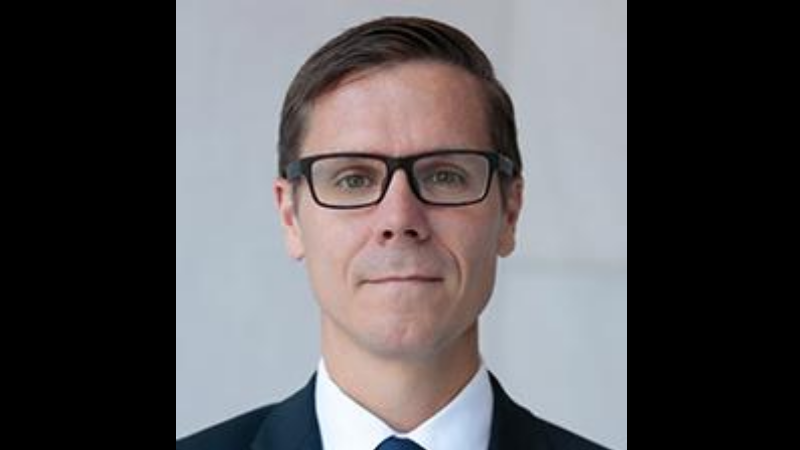The John L. Thornton China Center at Brookings recently hosted a panel of experts to discuss "The Future of the U.S.-China Competition for Human Capital.” The panel explored the human capital dynamics and respective policy approaches between the U.S. and China and how they will affect geopolitical and economic competition both domestically and on the world stage.
Jude Blanchette, Freeman chair in China Studies at the Center for Strategic and International Studies (CSIS), moderated a panel including Yasheng Huang, faculty director of Action Learning - MIT Sloan School of Management; Amy Nice, immigration law and policy expert; and Matthew Turpin, visiting fellow - Hoover Institution senior advisor - Palantir Technologies.
Nice opened the panel discussion with thoughts on why people from China and other countries want to come to the United States.
"I think that the United States continues to have this (what) CSIS and others call an asymmetric advantage because we are still an open society," Nice said. "And the science and engineering enterprise is an international exchange of ideas. And people still want to come here and still want to contribute to our country, but also are looking for opportunity. We still offer opportunity. We have a strength in that we have a high number of clusters of science and technology intense science and technology activity distributed broadly across our country."
Blanchette posed the question to Huang on what the United States is doing well to develop, cultivate and keep talent.
“The U.S. has this incredible edge over any country in the world in terms of producing frontier research,” Huang said. “It is to the great credit of the Biden administration that they terminated some of the things the Chinese scientists started under Obama. So let's just be clear on that. And so the Biden administration terminated the Chinese initiative. If we can come up with a sensible solution to balance the national security imperative and the recognition that science for one thing is open is fundamental, is about disclosure.”
The panel focused some on human capital, and the ability to attract and retain being the key in sustaining economic growth; securing supply chains; creating robust science, technology, engineering and mathematics (STEM) sectors; and developing the workforce for the industries of the future between the United States and China.
Huang added that MIT conducted a large-scale survey research on fear factor and found some of the findings quite surprising.
“Even though 89% of the people that were surveyed want to contribute to America and to contribute to science, and scientific activities in the U.S., something like 60 to 70% of them fear for their career, fear for their lives,” he said. “Some 40 plus percent of the researchers do not want to apply for federal grants. We got to address this issue. And, you know, I don't have a solution. And I think we need to gather the minds and gather the ideas from society, from the scientific community. But this is a serious issue.”
Turpin gave a high-five to MIT for their efforts on the study and publishing the guidelines.
"Hat's off to MIT for publishing the guidelines,” Turpin said. "If I were to put on my industry hat—it is extremely hard for us to predict what we're going to need five, 10, 15 years down the road, which is when folks are going to enter into the training to be able to get these vast degrees. We need as broad a system as possible with as many options as possible. And then we'll find that we've got the talent that's available to us. And so I think from that perspective, it's important for the U.S. to keep doing what it's been doing. We should keep in mind that the China initiative was really around directing the resources, the Department of Justice, around the things that the Chinese government was doing to undermine U.S. interests, not solely around academic espionage, which I think is a misnomer."

